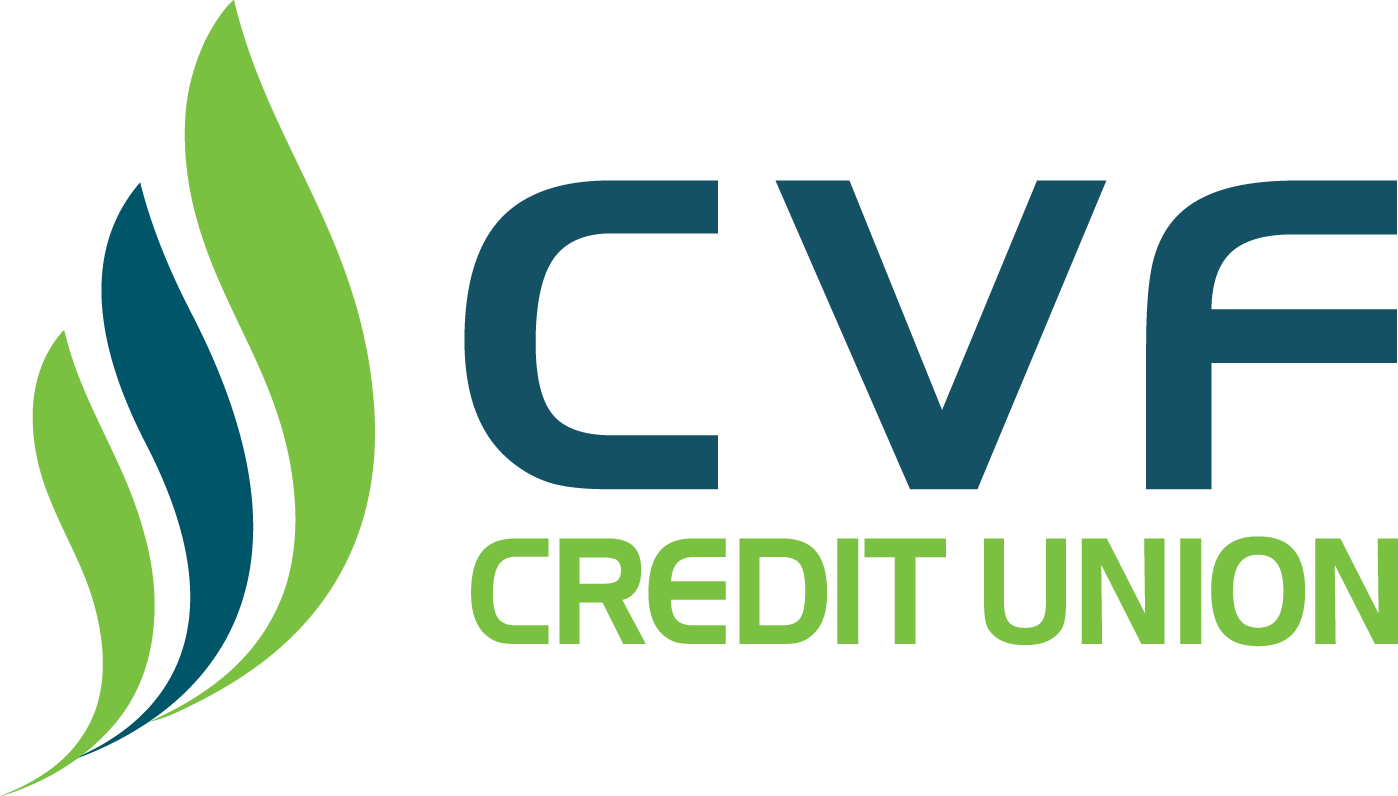
Financial Prep Before Layoff Makes It Easier to Cope
If you’re still employed but feeling uneasy about your future, now is the time to get your finances in order. Preparing yourself for a job loss or decrease in your income will help you to cope until your financial situation improves.
Check your savings
Start by assessing your liquid savings—those funds you could tap quickly and easily if your paycheck suddenly stopped coming. If there’s not enough there to get you through months of unemployment, start beefing it up. That might mean restricting how much you spend on nonessential items and redirecting those dollars to your emergency fund.
Get a HELOC
If you are a homeowner and don’t already have a home equity line of credit (HELOC), open one while you are still employed (and can qualify) so it’s there if you need it to make ends meet. Treat this as an emergency reserve only. Talk to a credit union loan officer for guidance.
Pay off Debt
This is a smart goal no matter what your job situation. Get rid of credit card balances, car loans, and other short-term debt as quickly as possible. Also, if you suspect a job loss, avoid new, long-term financial commitments—no major home renovations or luxury car purchases.
Set spending priorities
If you lose your job and your available resources will not be enough to cover all your essential expenses, identify your priorities. Keeping up with your rent or mortgage payments should be your top priority. Your second most important is making your car payments. Third is paying essential utilities, like gas, electricity, and water, not streaming services or cable TV. And next on the list is food and essential insurance coverage. If necessary, pay insurance premiums monthly rather than making a single large payment for multiple months or the whole year.
If there is money to spare, however, try to make at least the minimum monthly payments on credit cards because missed payments can generate higher interest rates and fees, and damage your credit. This, in turn, can affect your ability to get a job if an employer does a background check.
Last resort – Borrow from your 401(k)
A 401(k) or traditional IRA (individual retirement account) is another potential source of income, but withdrawing funds should be seen only as a last resort. An early withdrawal (before age 59½) most likely will generate both a tax bill and a 10% penalty. Also, if you withdraw money from a retirement savings account, such as an IRA, you lose the benefit of compounding on the dollars you’ve withdrawn. You can lose thousands of dollars—or more—over the years that the money could be compounding.
If you’re unemployed or challenged by rising prices, someone at your credit union can help you identify options, set expense priorities, deal with debt, and plan for the future. Or you can contact the National Foundation for Credit Counseling (NFCC) to talk to a counselor.



